APAYAO, August 26, 2020 – One hundred five (105) sheep, composed of 100 ewes and 5 rams, and 50 rolls of galvanized wire were partially provided to Midstream Livelihood Farmers Association (15 members), Upstream Livelihood Farmers Association (26 members), and Marag Valley Livelihood Farmers Association (9 members). This is part of the Sheep Production Project of Apayao amounting to Php 2,134,500 under the Special Area for Agricultural Development (SAAD) Program fund for FY 2020.
Each individual beneficiary received at least 2 sheep and a roll of galvanized wire for their animal fence. The ratio of production is 1 male: 10 females. The rams will be taken care of by the five caretakers who are also SAAD beneficiaries and members of the organization. The said caretakers were chosen because they have wide farm area covering a 0.5-hectare land.
The purpose of the project is to ensure food sufficiency, provide additional sources of income and increase sheep population.
Implementation of Sheep Production Project in Luna
Sheep production is a less-risky business that requires low initial investment or capital and requires small areas for housing because of their small body size compared to other livestock.
In Apayao, just like goats, sheep are raised for meat, as ready gifts for friends, as a pet, and often as an animal for sale to increase family income. This project is suited in the municipality because of its vast tract of land that is capable of producing abundant feeds and forages to sustain the daily feed requirements of the stocks.
Meanwhile, Agricultural Program Coordinating Officer Nicasio Baucas encouraged the beneficiaries to indulge themselves in community participation by multiplying the numbers of sheep as expected by the program.
“Sapay lang kuma ta mapaado yu etuy a gatad, ta mamatiak nga iti pagturungan na etuy nga gatad ket haan lang nga para karne nu di kitdi mapaado tapno pakaiwarasan na,” [I hope that you will be able to multiply the animal stock. I believe that this will not only serve mainly for consumption but to further boost the numbers of animal stock to expand its value] he ended.
Municipal Livestock Coordinator Rjay Herrera also conducted a briefing on the duties and responsibilities of the recipients.
According to Mr. Herrera, recipients must provide necessary care, housing and pasture area, and practice good animal husbandry for the proper management of the animals.
He also advised the beneficiaries that medical needs such as deworming, vaccination for pregnancy diagnosis, and artificial insemination are important components in order to ensure that the animal stocks are in good condition.
Furthermore, Herrera added that in cooperation with the Provincial Veterinary Office and Municipal Agriculture Office, technical assistance will be provided to further guide the beneficiaries in raising the animal stock.
As part of the briefing, Area Coordinator Ruby Ann Vicerra elaborated the general policy for the three farmer’s associations:
- In order to expand the livelihood project, each of the first 50 recipients of the sheep shall give one head of ewe to the next-in-line beneficiary. The next-in-line beneficiaries will be identified by the members of the organization in coordination with the Municipal Local Government Unit (MLGU).
- After the fulfillment of the aforementioned scheme, the sheep awarded to the first 50 recipients will be officially owned by them.
- Beneficiaries shall register their animal stock to the Philippine Crop Insurance Corporation (PCIC). The insurance covered are: a) natural accident and b) all kinds of diseases.
The said policy is being implemented in order to help ensure the sustainability of the project.
PCIC Account Management Officer Claire Gonzales also elaborated on the benefits of the application for livestock mortality insurance. She added that the beneficiaries should keep the ear-tag of the animal for easier tracking.
Meanwhile, Municipal Agriculturist Florencio Agustin said that the Municipal Local Government Unit (MLGU) and Provincial Local Government Unit (PLGU) are supporting the SAAD Program, not only to comply with their duties as part of their offices but also to assist the beneficiaries in their journey as well.
“Dagituy a gundaway ket napintas pagbiyag, sapelang kuma ta etuy nga panagrugi tayu ket awan ton iti mabatin, we should collaborate for the project and livelihood,” [These interventions are profitable. As we go through this journey, I hope that no one will be left behind. We should collaborate with the project and livelihood] he shared.
It was also reassured that the animals were provided with supplements, vitamins, wound spray, and dewormed to ensure that the animal stock is healthy and guarded from any diseases. ###
Writers: Kathleen Faye B. Agonoy, Information Officer I, Apayao and Evangeline Yambot, Regional Information Officer
Reference
Jovelyn B. Jereos. Sheep Production. 2020.

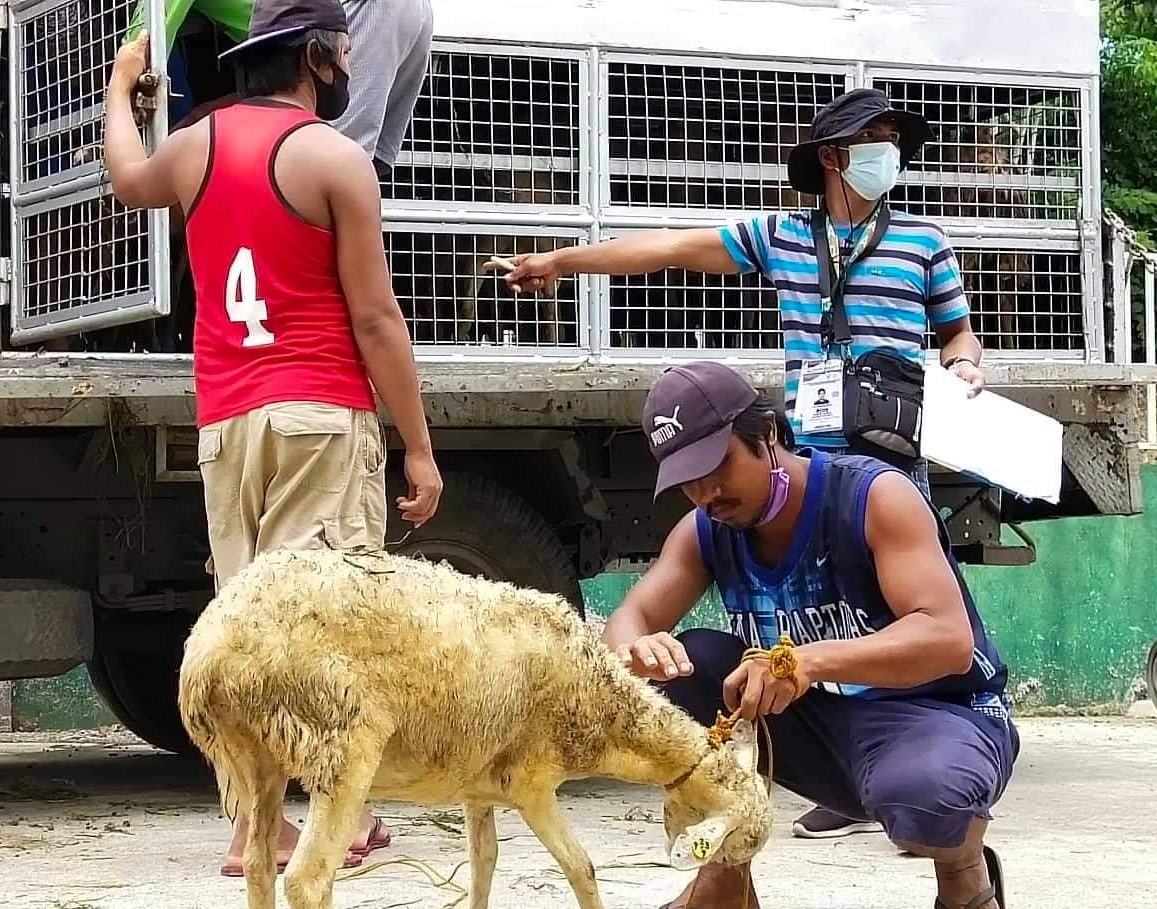
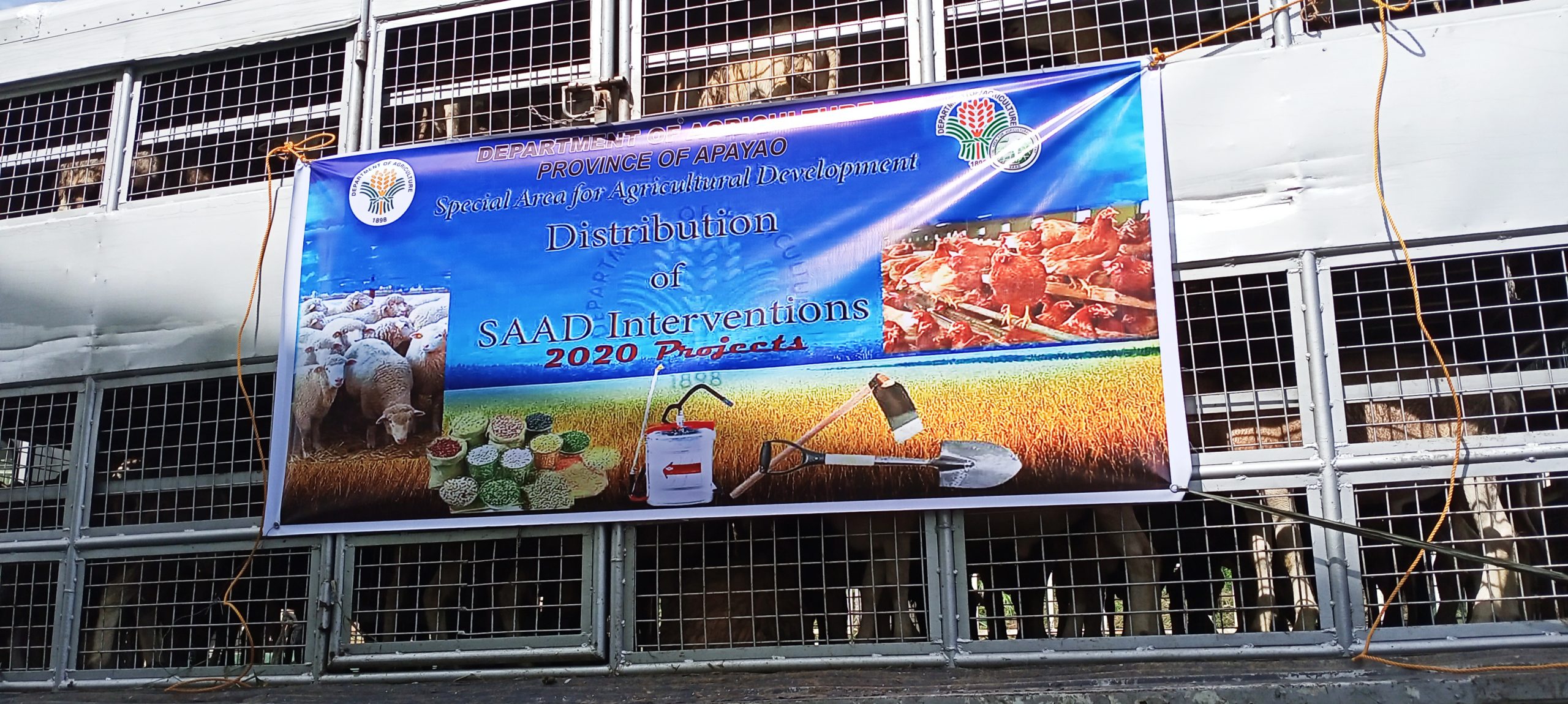
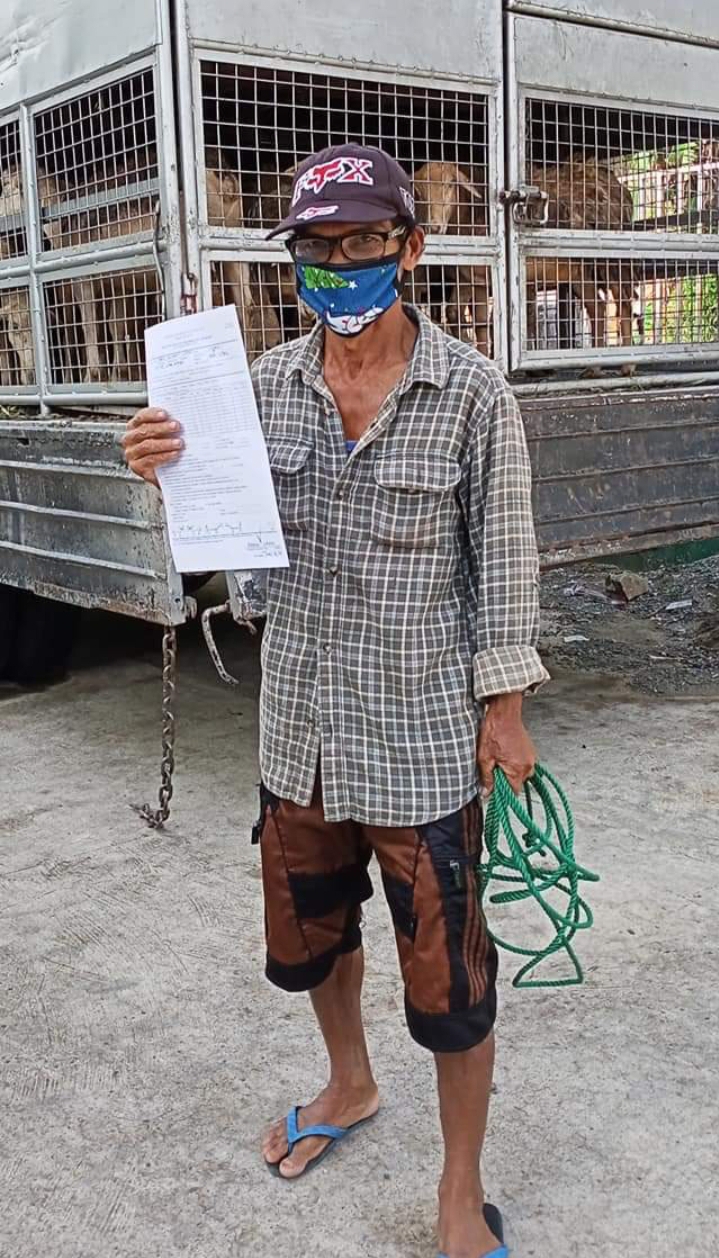
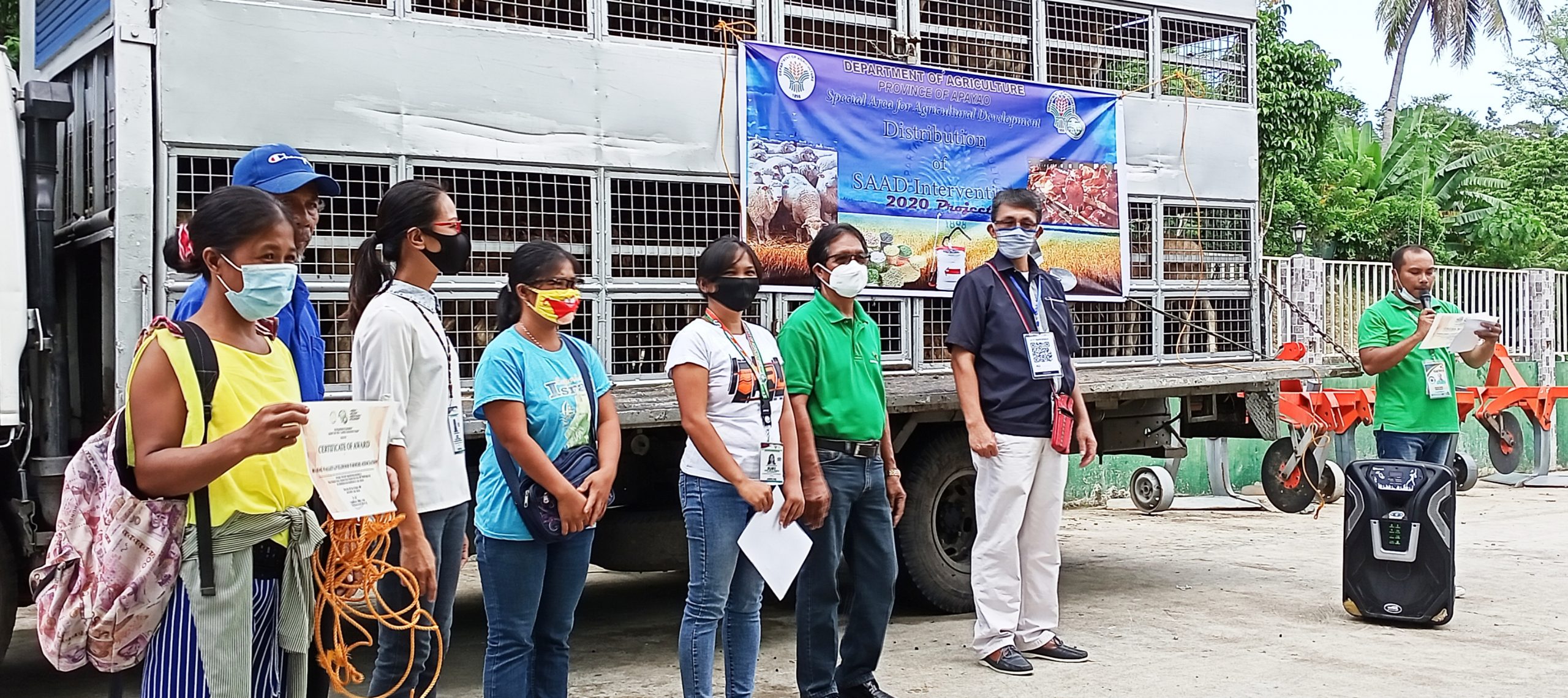

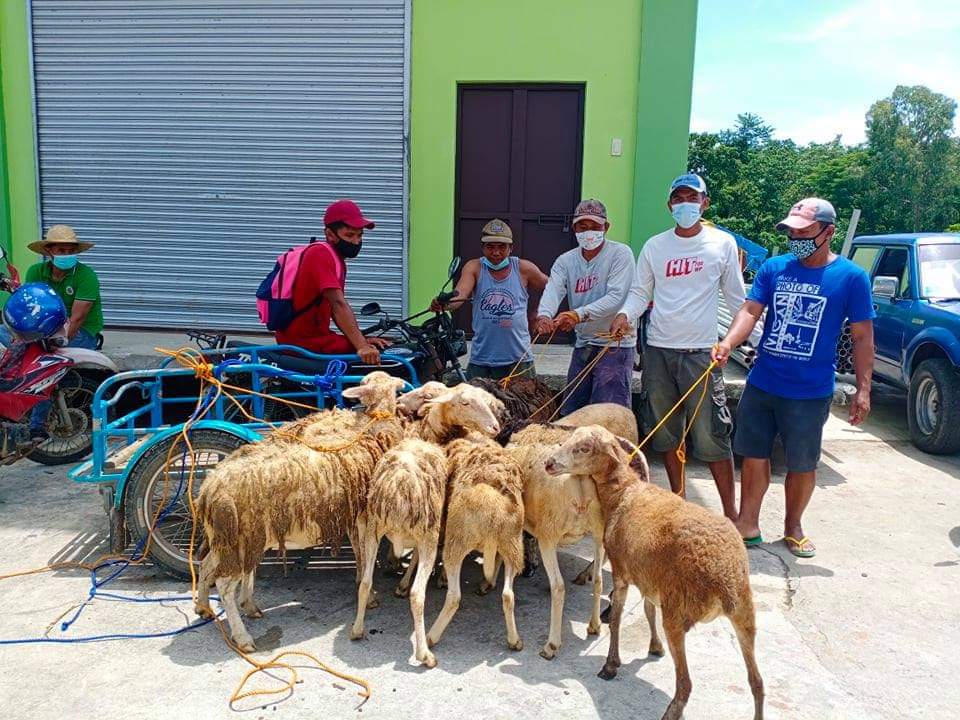



Comments (0)